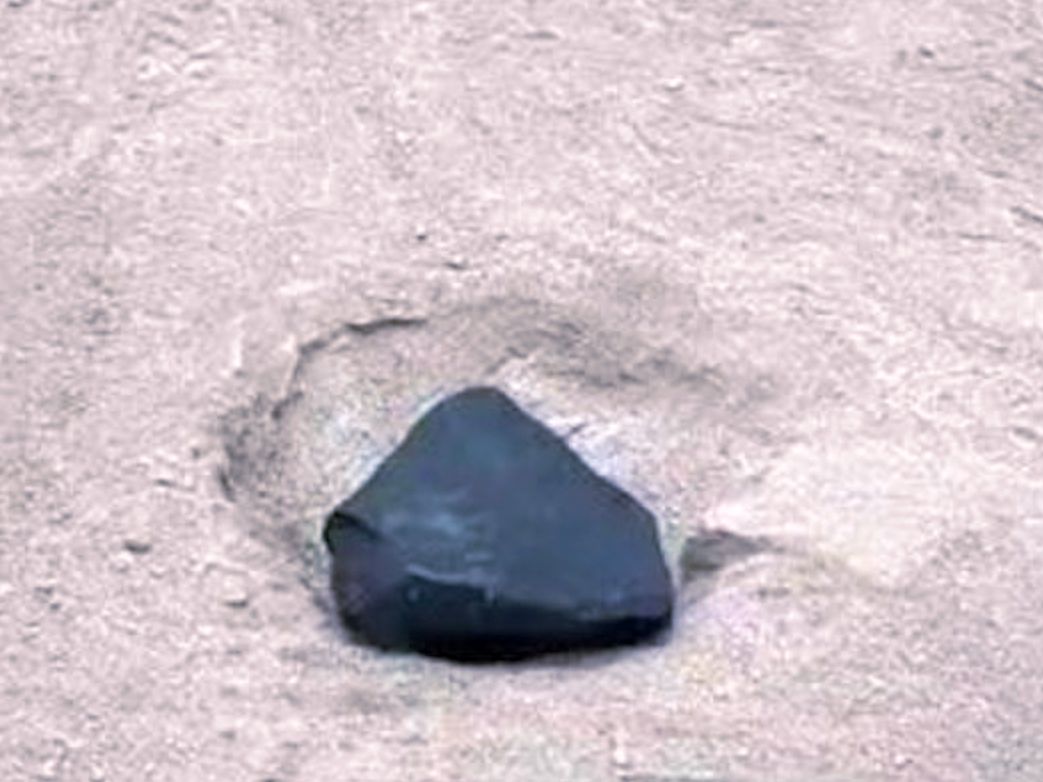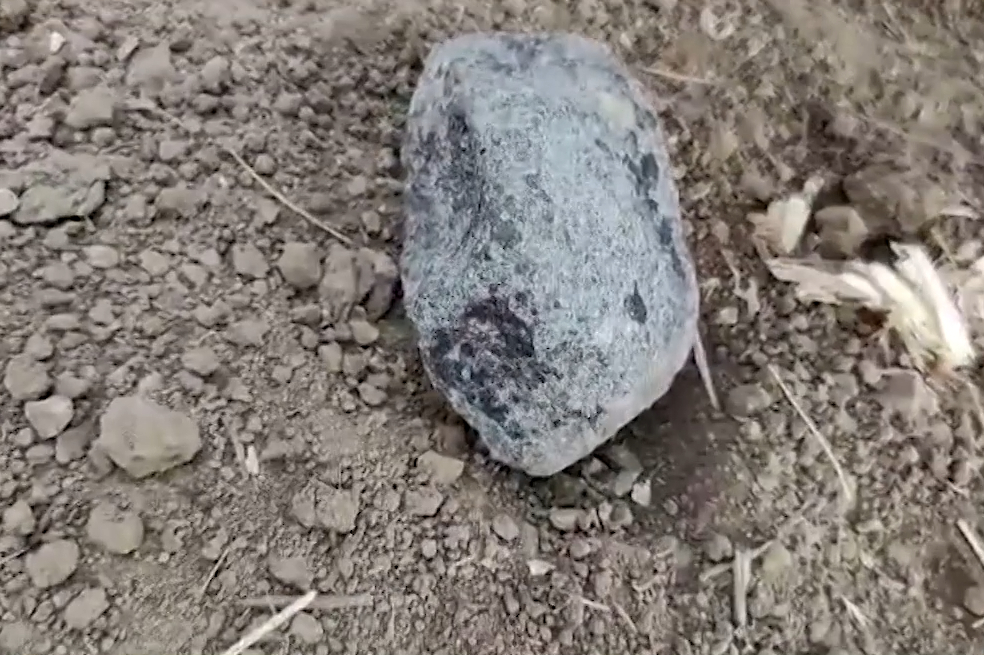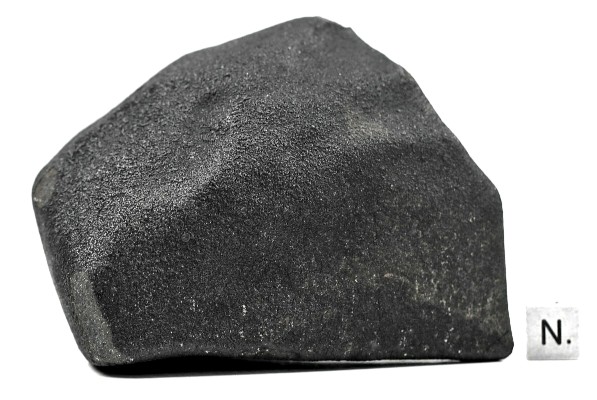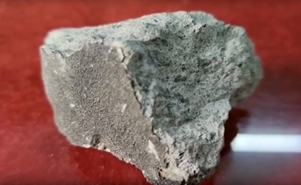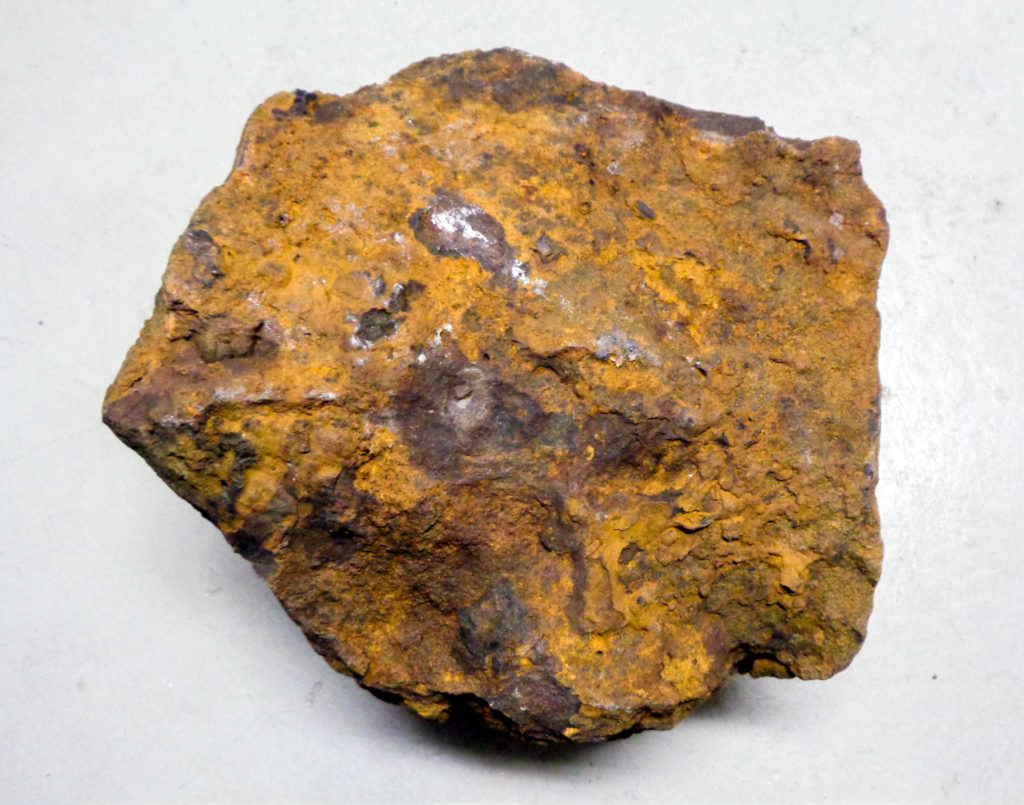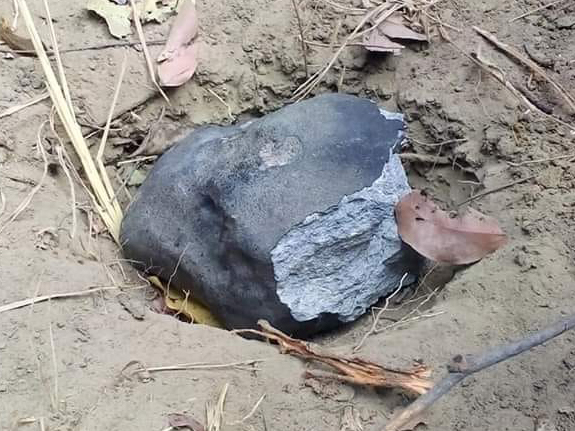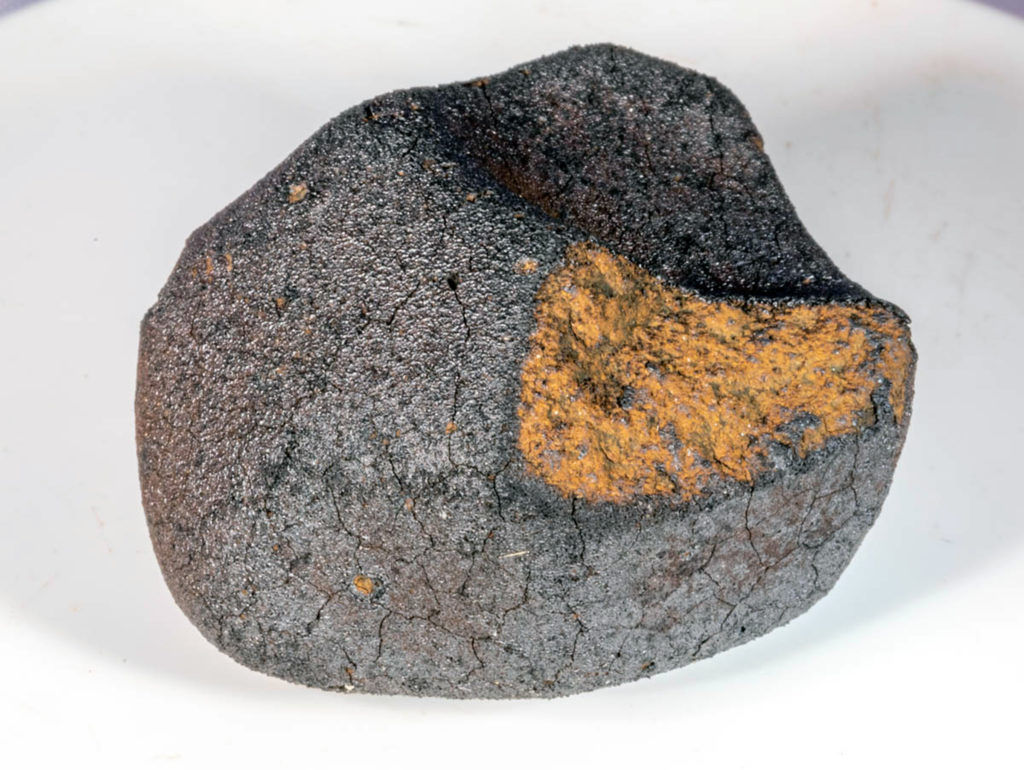Chondrites as thermal and mechanical archives of accretion processes in the Solar protoplanetary diskOPEN ACCESS
Anthony Seret, Guy Libourel
Earth and Planetary Science Letters 649, 119066
“As some of the most ancient materials in our Solar System, chondritic meteorites offer a valuable window into the early stages of planetary formation, particularly the accretion processes that built the most primitive asteroids. Until now, high energy shocks and collisions have been invoked to explain the deformation and fragmentation of chondrules, the main component of chondrites. However, simulating the cooling of chondrules using continuum mechanics and finite elements, we demonstrate that plastic deformation of chondrules can occur at low collision velocities of just a few meters per second and with kinetic energies less than tenths of a millijoule when temperatures exceed the glass transition temperature Tg ~ 1000 K. Conversely, below Tg, spontaneous chondrule cracking occurs due to differential thermal contraction between phases and is more pronounced in larger chondrules. Counterintuitively, our findings suggest that both ordinary and carbonaceous chondrites formed through similar low-energy processes, with varying degrees of ductility and brittleness depending on the amount of processed material. This implies that the environments where chondrites formed were likely less turbulent and more thermally active than previously thought.”

